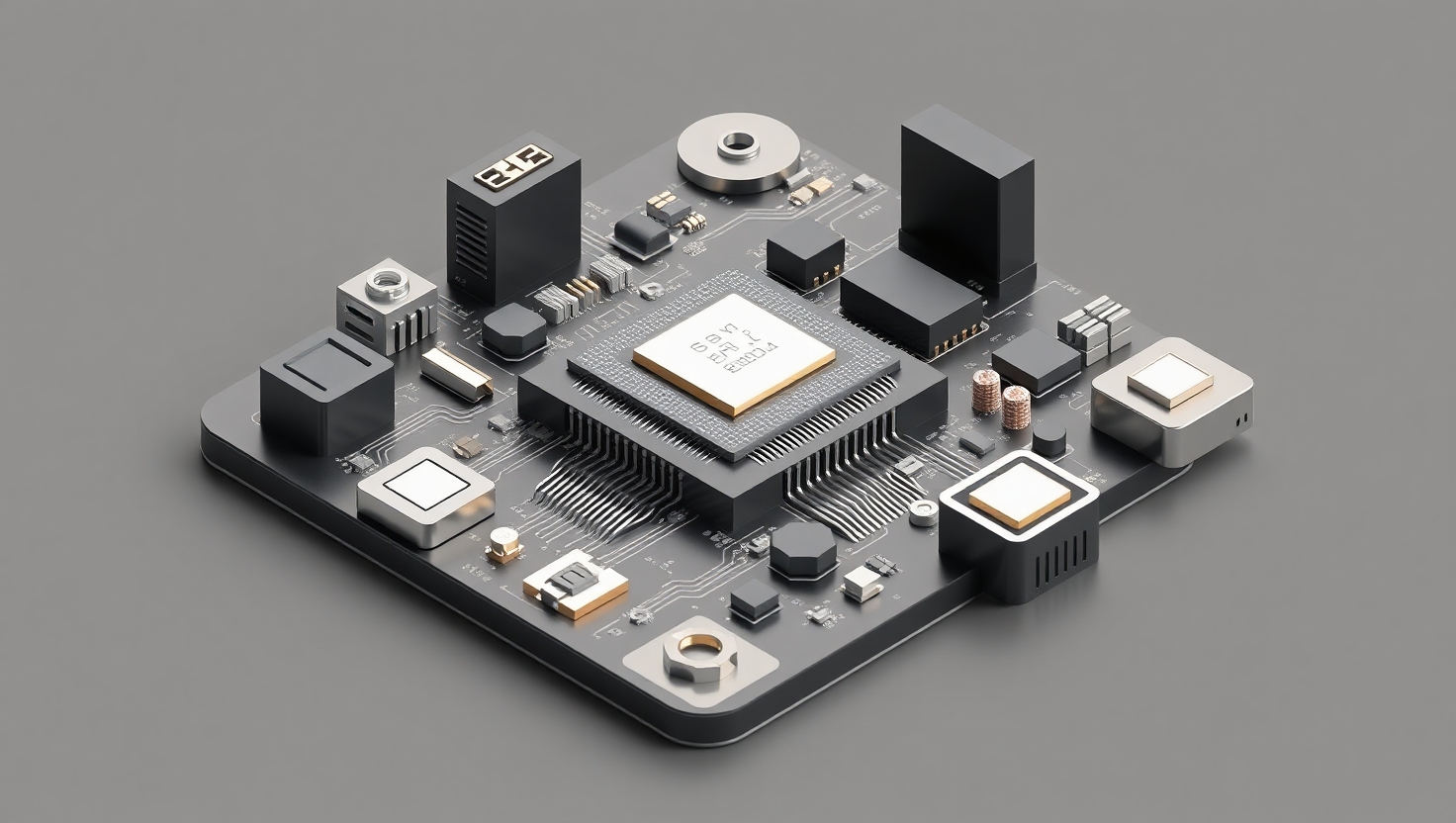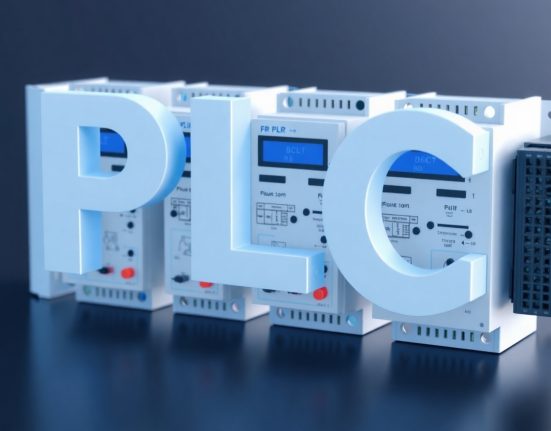Lately it feels like we live in a world where every other product relies on chips and electronic components. Cars, smartphones, refrigerators, toys, computers, planes, watches and countless everyday devices all depend on these tiny yet essential parts. With every step forward into a more connected future, a troubling question rises: is the components industry ready to face another global shortage?
The recent shortage we went through served as a loud wake-up call. Many manufacturers were forced to slow down or completely halt production lines. Product launches were delayed, prices spiked and customers were left frustrated. The causes were plenty: pandemics, logistical breakdowns, surging demand, geopolitical tensions and even natural disasters hitting key production facilities. All of this exposed just how fragile the global supply chains really are and made it clear that relying too heavily on a few major suppliers can be dangerous for the entire world.
In recent years there have been massive efforts to make the industry more resilient. Companies invested in expanding production lines, governments began supporting new local factories and inventory strategies were reshaped completely. Still the general feeling is that the industry is walking on thin ice. Demand keeps skyrocketing, technologies are becoming more complex and the dependence on specific raw materials remains extremely high.
One of the biggest challenges is that the demand for components is not slowing down. In fact it keeps growing in new areas that were not even on the map a decade ago. Fields like electric vehicles, green energy, virtual reality and smart healthcare all require enormous amounts of specialized chips. Each field demands unique components that are not easily interchangeable. This means that when production of one type of chip is delayed the entire industry can feel the ripple effect.
The answer to the question in the headline probably lies in the balance between bold technological ambition and smart risk management. Have companies truly learned from the past? Are they investing enough in operational flexibility, supply diversity and automation that can quickly respond to changes? Some say yes. Others fear that the memory of past lessons may fade too fast once everything seems calm again.
But one thing is certain. My passion for this world of technology, components, innovation and complex processes only keeps growing. I follow every move, every investment, every new development in chip manufacturing and I am constantly amazed by how much intelligence can be packed into a tiny slice of silicon. I believe the industry can become better prepared if it continues to balance its drive for growth with long-term thinking and careful planning.














